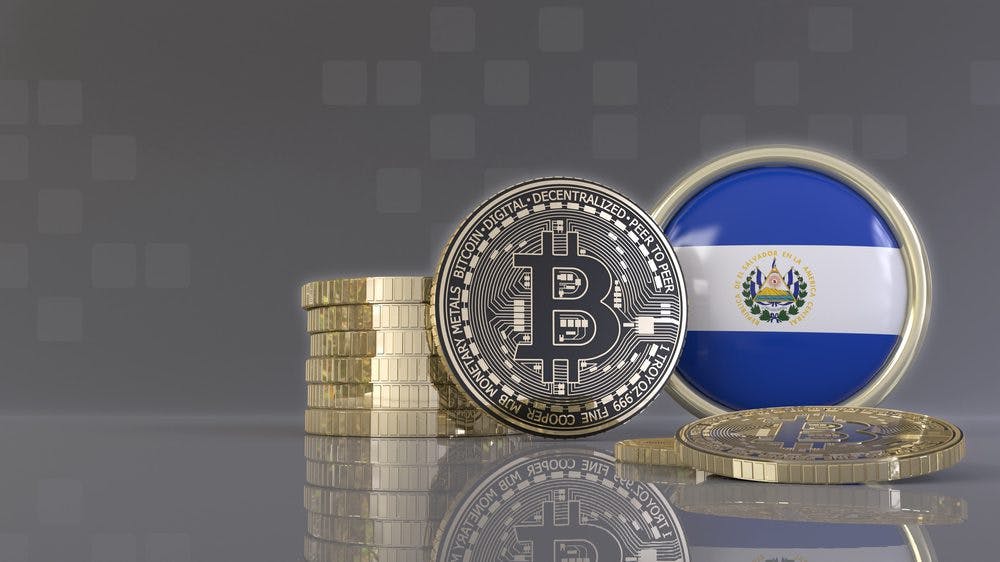JPMorgan Says Bitcoin Will ‘Pose Risks’ to El Salvadorian Economy
But one fund manager that spoke to Blockworks says the U.S. dollar is the bigger threat.

Source: Shutterstock
- 90% of bitcoin hasn’t changed hands in around 12 months
- Daily payment activity in El Salvador could represent around 4% of on-chain transaction volume
El Salvador’s recent approval of bitcoin as a legal tender could create issues for the Central American nation’s economy and the digital asset, a recent report by JPMorgan said.
JPMorgan cited illiquidity, high volatility, and U.S. dollar conversion as obstacles for bitcoin as a medium of exchange, according to the document, which was first reported by Bloomberg.
The El Salvadoran Congress said it would adopt bitcoin as a standardized currency back in June, becoming the first country to ever do so. The “Bitcoin Law” was passed in a super majority and will come into effect on September 7.
The report questioned the illiquidities tied to the digital currency, citing that 90% of bitcoin has not changed hands in around 12 months.
“Daily payment activity in El Salvador would represent ~4% of recent on-chain transaction volume and more than 1% of the total value of tokens which have been transferred between wallets in the past year,” the report indicated.
Bitcoin’s conversion to the dollar could also “cannibalize onshore dollar liquidity” and threaten fiscal stability, the report said.
A survey by Disruptiva suggests that many residents of the country are wary of the move. Out of the 1,233 respondents, around 65% of those polled would not want to be paid in bitcoin and 46% said they knew “nothing” about the digital asset.
“This is a risky bet on digital transformation,” said Oscar Picardo, head of Disruptiva’s institute of science, technology and innovation, when results of the survey were announced.
In defense of El Salvador’s bitcoin plans
Kevin Kang, founding principal of BKCoin Capital, said that El Salvador chose bitcoin because of its size and decentralized, public nature.
“As the Fed created 25% of all M2 supply in 2020 alone, the dollar is going to devalue,” Kang said in a note to Blockworks. “It’s a question of when, not if. Since El Salvador isn’t getting the economic benefits of piggybacking off of the US growth anymore, Bitcoin alternative truly gives them the power when exchanging value that doesn’t involve having to rely on another nation or currency.”
The Lightning Network could make micropayments more efficient, easing concerns over liquidity, Kang said.
“Bitcoin at its current form does not make it [a] practical form of retail payments as a single Bitcoin transaction fee alone would be 1% of a Salvadoran’s average annual income,” Kang added. “However, Lightning network makes micropayments more efficient, which is designed to speed up transaction processing times as well as decreasing the transaction costs.”






